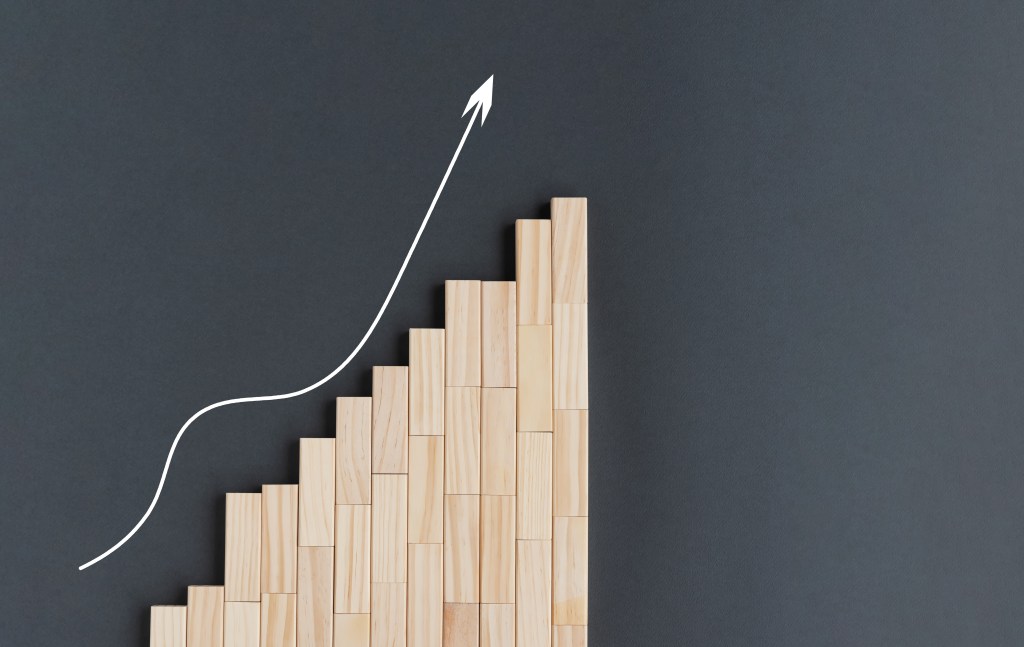It seems we’ve been led down a garden path when it comes to productivity.

In July 2021, author Kate Lister asked on Twitter, “How old were you when you realised your original plan of being really nice, working really hard, and taking on much more than you should in the hope you would be automatically rewarded for this without asking, was totally $#!^?”
This message seemed to resonate as she had over 300,000 likes and over 40,000 retweets.
It seems we’ve been led down a garden path when it comes to productivity. We’ve been told, “hard work will get you ahead”, and that we need to be “more productive” and that “urgent & important” is what we should aspire to.
And don’t even get me started on stretch goals!
These beliefs or mindsets are a hangover from the industrial revolution. In a knowledge economy, we need to think differently about work and productivity.
According to research by The Development Academy, despite years of training, books and strategies we are still not getting it right when it comes to time management.
As a productivity expert and author, I’ve seen, read, researched tried out most hacks, tips and tricks and here’s what I believe are the top five rules about productivity you should break and what to do instead.
Hard work will get you ahead
We’ve all had those days/weeks where we feel like we have been flat out, and yet we get to the end of the week and still feel we haven’t achieved anything.
Instead of thinking of work as “hard” we need to focus on how we can get into flow.
It’s likely that your most productive days were because you were in flow doing all the right things at the right time. Work shouldn’t feel hard.
Identify the two or three things that will make a real difference in your day and get those done. Once they are done, you can take the foot off the accelerator and give yourself some thinking and breathing space, or be available for others that might need help.
Being 100% on, 100% of the time
Being 100% on, 100% of the time will do yourself a disservice. Your calendar should have gaps so that any opportunity that comes up, you can take advantage of. Consider the opposite. If your calendar is full, and you have a lot on your plate, you may miss a great opportunity simply because someone cannot wait the six weeks until there is a free space in your diary. Not only that, operating more consistently at 85% capacity throughout the day (giving yourself a 1-1.5 hour buffer) will achieve greater results.
Have a To-Do List
When you think about it, to do lists are the ultimate in procrastination. You write down things you are going . . . to do. Don’t get me wrong, I am a fan of getting things out of your head and onto paper, however if they aren’t managed well, they can create even greater feelings of overwhelm. Instead of one big, long list of things do to, carve it up according to the best time of day, eg the morning are better for mental alertness, when you need your smarts, and the afternoon is better for routine work.
Do the most challenging things first
Momentum trumps motivation. Studies in neuroscience have shown that creating momentum is what will get you through your day. Creating a pattern of completion, or achievement sets off neurotransmitters that have you feel motivated to continue on regardless of the difficulty or level of desire you have for a project.
Finish up everything before you head home
Rather than letting your to-do list determine the end of your day, pick a time. There are two good reasons for this: 1. You can then finish the day and head home at a reasonable hour, 2. Chances are the hard stop will push you to get through more than you thought possible.
However, resist the urge to clear your inbox by the end of the day. By clearing your inbox, you are overloading others who are also trying to get out clean for the weekend.
In summary, traditional time management theories haven’t kept pace with modern workplace demands. The old adage of working smarter, not harder, is what is at play here. When you make conscious choices about what you need to do, and then decide the best time to do it, you will set yourself up for successful productive days.
Donna McGeorge is a best-selling author and global authority on productivity. Her book series, It’s About time covers meetings, structing your day, and doing more with less. Find out more about Donna at Donna McGeorge: Speaker, Author, Facilitator, Coach